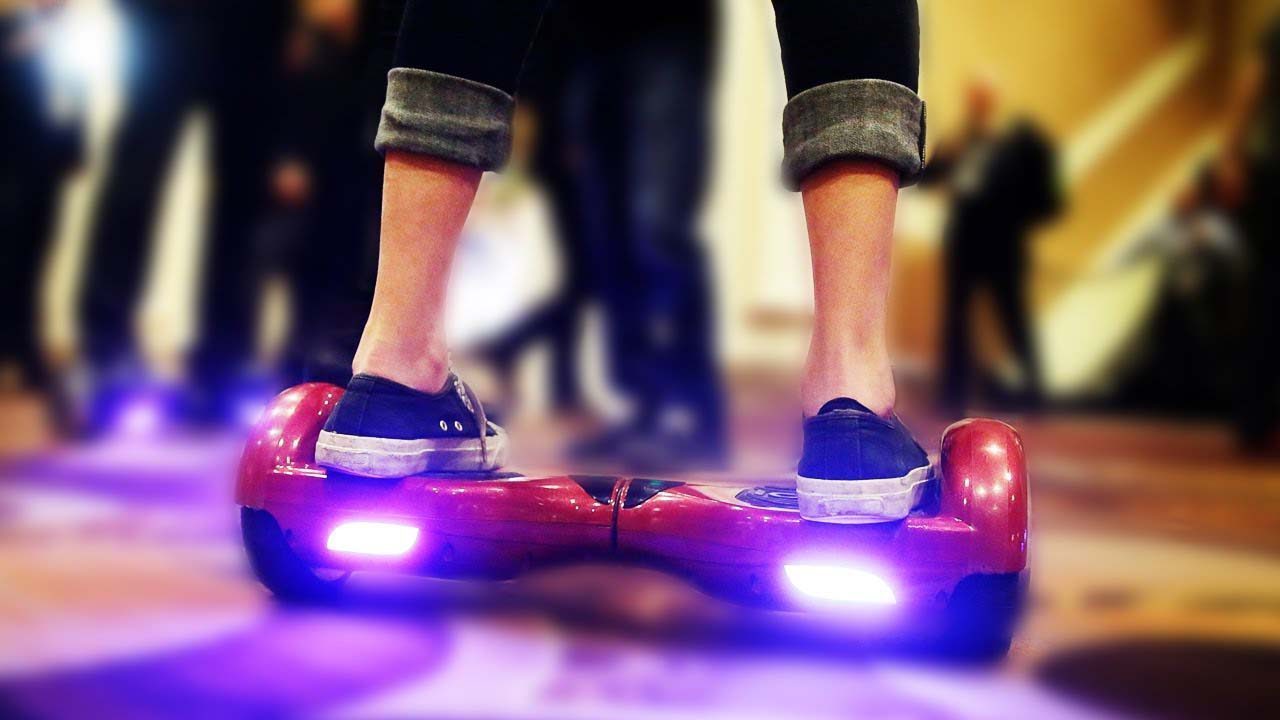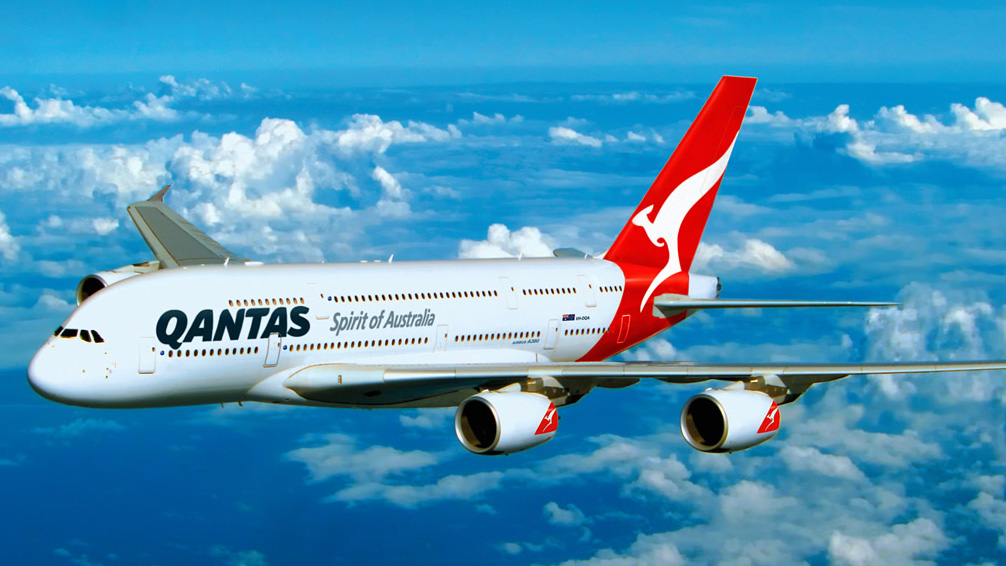
Qatar’s national carrier has become the latest in a growing list of airlines to ban passengers from traveling with battery-powered self-balancing scooters.
Qatar Airways announced the prohibition yesterday, just in time for the holiday season.

The airline said the ban would take immediate effect and was being implemented to ensure the safety of passengers and crew due to the “questionable quality” and “potential fire hazard associated with the batteries” of the vehicles, QNA reported.
The prohibition covers all types of small vehicles that are powered by lithium batteries, regardless of their wattage.
It includes airwheels, solowheels, hoverboards, mini-segways and balance wheels.
These items are not allowed to be brought onboard as carry-on luggage, or checked to their destination either, the airline states on its recently updated “restricted items” page.
“Qatar Airways has taken this responsible and necessary step as passenger and crew safety remain our utmost concern. Recent reports and new evidence has led to our decision to add hoverboards to our list of restricted items. Therefore we would like to notify passengers ahead of the busy travel season to ensure that no one is left unaware.
Our priority is the safety of our passengers and staff, as such we cannot accept these items as either checked-in baggage or carry-on,” Ashish Jain, Qatar Airways’ senior vice president for group safety and security, said in a statement.
In addition to an outright ban on the scooters, the airline also has rules about the carriage of other types of lithium batteries.
“Qatar Airways is urging passengers to review the list of restricted items on their website before traveling to ensure a stress-free and smooth check-in process,” the statement on QNA continued.
Other airlines
Dozens of airlines have already introduced restrictions on carriage of the scooters, which are likely to be a popular present for many during the holiday season.

Last week, fellow Gulf airlines Emirates and Etihad banned them, also citing safety concerns about the batteries. Most US airlines including Delta, United and American do not allow the scooters either.
Delta said its decision to introduce the ban was because certain hoverboard makers don’t disclose adequate information about the size or power of the batteries inside the devices.
In a statement announcing its ban, which began on Dec. 11, Delta said:
“This investigation revealed devices often contain battery varieties above the government mandated 160 watt hour limit permitted aboard aircraft. While occurrences are uncommon, these batteries can spontaneously overheat and pose a fire hazard risk.”
Meanwhile, some airlines including Air France have banned carriage of the batteries with a power rating above 160 Wh, and have restrictions on lower-power batteries, which are detailed on its website.
News website Quartz has an updated list of major airlines’ policies on the carriage of the scooters and batteries.
Fire hazard
The problem for airlines is not the scooters themselves but the batteries they use, which can catch fire and explode.

The Canadian government warns on its transport website that lithium batteries “are dangerous goods, much like gasoline, propane, and sulphuric acid.”
They are commonly used in electronic devices like cameras, cell phones, laptop computers, medical equipment and power tools, and while most are safe, some can overheat and catch fire. The fires are difficult to extinguish and the smoke they produce is toxic.
The transport department’s site states that counterfeit and unbranded lithium batteries are of particular concern as they may not have been safety tested, adding: “These lithium batteries may be poorly designed, have little protection, or contain manufacturing flaws.”
It goes on to cite recent reports of incidents involving the failure of lithium batteries, which include:
- Computer batteries that have heated up and caused fires on cargo and passenger planes;
- A charging lithium ion battery that exploded on a mini-submarine designed to carry US Navy SEALs to shore;
- A passenger’s camera batteries that began smoking at the boarding gate;
- Two large battery packs in a checked baggage that began smoldering. The bag burst into flames when an airline agent picked it up; and
- A flashlight’s counterfeit lithium metal battery that overheated during a flight and was found by crew after giving off a strong odor. The damaged battery burned the inside of the flashlight.
Dangers
A hybrid between a Segway and a skateboard, self-balancing scooters were first created by US-based companies IO Hawk and Solowheel, although there have been many variations made by different companies since.
They are navigated by pressure from the user’s feet and weight distribution. To move forward, right, or left, users tilt slightly in the corresponding directions, applying pressure to the device’s sensor pads.

The gadgets have been embraced by numerous celebrities including Justin Bieber and Nicki Minaj, which has helped to fuel the fever.
While particularly popular with tweens and teens, the devices have been controversial due to various safety issues and have been banned in many shopping centers and stores in Qatar.
Malls including Ezdan, Villaggio, Landmark and Dar Al Salaam have all put up signs banning the boards in recent months, after incidents of speeding on them, bumping in to other shoppers and people falling off them.
They have also been banned from the main Qatar National Day celebrations at Darb Al Saai. The ground in Al Sadd has posted a sign near its entrance advising visitors of the prohibition.
Thoughts?







